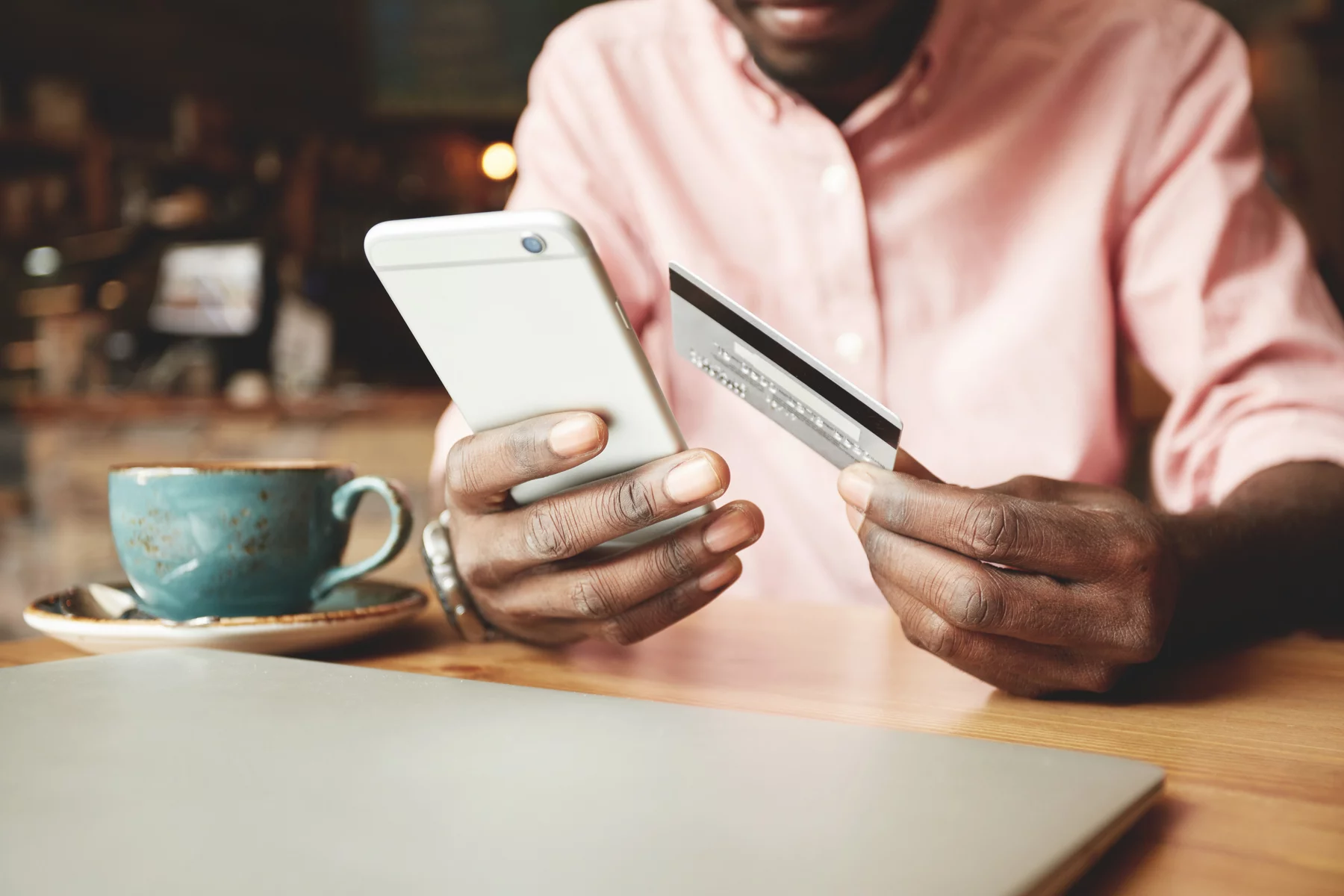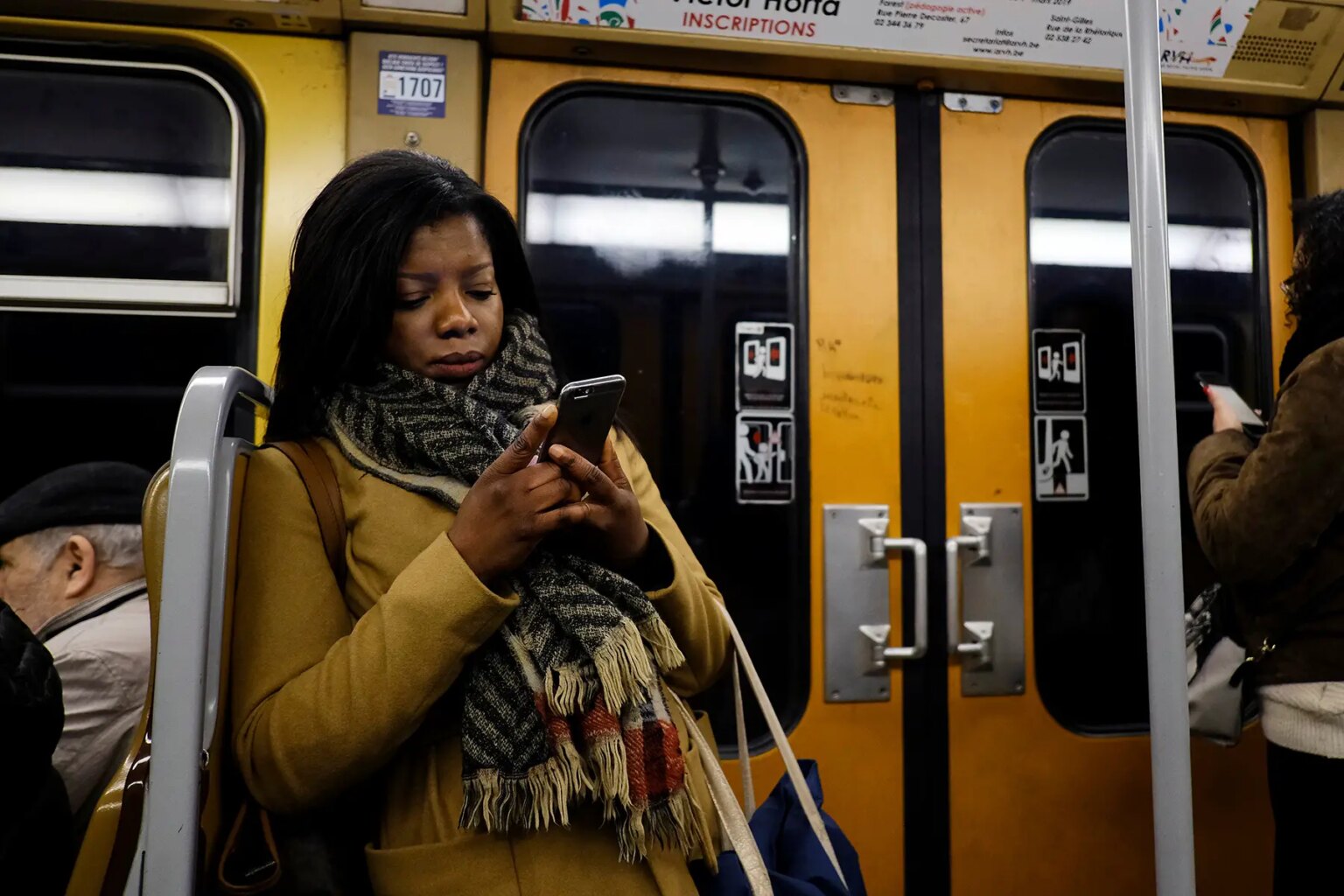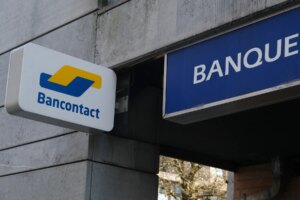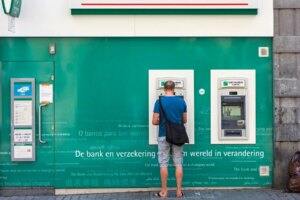Digital banking has become a huge industry in recent years, as customers move away from traditional bank branches for websites and smartphone apps. This guide includes sections on:
ING
Trust ING for your banking in Belgium. One of the country’s big 4 banks, they provide a wide range of services, including bank accounts, savings, loans, investments, insurance, and more. With tools to compare and calculate your options, they help you make the right financial decisions. Visit ING online and let your money go further.
Mobile banking in Belgium
There are nearly a hundred banks in Belgium, including a mixture of local lenders and major multi-national players. In fact, Belgium has one of the highest numbers of bank branches per capita in Europe.
As with other countries, though, some branches are slowly being phased out as more customers begin to access their everyday banking needs from the comfort of their own home or on the go, through either app or browser-based services.

Belgium is among Europe’s leaders when it comes to digital and mobile banking. 69% of Belgians use online banking and e-commerce, above the EU average of 54%. In 2018, there were around 7 million mobile banking subscriptions in Belgium, over double the figure from three years earlier.
Belgian retail banks that offer mobile banking to customers include:
There are also mobile-only banks where you can open an account in minutes. These include:
Belgium also has innovative banks such as Nickel, which allow you to open an account online or in a newsagent in just a few minutes.
Features of mobile banking
Once you have downloaded the mobile banking app onto your smartphone or mobile device, you can start taking advantage of the different features on offer. These will vary slightly from bank to bank, so it pays to shop around to find the one most suitable for you. Common features include:
- 24/7 account access, with the ability to check your balance at any time
- Mobile payments, including the ability to instantly pay money into someone else’s account using mobile numbers
- The ability to buy tickets and pay for restaurant bills using QR code technology
- Money management and budget planning tools allowing you to schedule payments and keep track of income and outgoings
- Enhanced security features
While technology is always progressing in this area, smartphone banking apps still lack a few of the features available to customers who use desktop banking. Browser-based banking services tend to be more fully-fledged than smartphone and tablet apps, especially if you have accounts in foreign currencies and want to move money around.
Though digital banking apps are always becoming more sophisticated, there are limitations on moving money between foreign currency accounts using these. You can, however, still make transfers between accounts and make payments in euros.
Another potential issue is WiFi access, which can be an issue in more remote locations. However, internet in Belgium is generally quite fast.
Mobile payments in Belgium
As well as being able to do your daily banking on a mobile phone or tablet app, mobile payments are becoming increasingly popular in stores as an alternative to cash, credit, and debit cards.
Payment apps, sometimes known as digital wallets or mobile wallets, can be installed on your smartphone. They are usually linked to your bank cards, allowing you to make “contactless” payments in stores using your phone. Many of the apps also enable you to make immediate payments to your family and friends.
According to a 2018 report by Ipsos on behalf of Belgian bank ING, 66% of Belgians used a mobile device for their last bill payment. This was the highest out of the 15 countries studied and well above the European average of 40%.
There are a number of different mobile payment providers in Belgium, with internationally renowned brands such as Apple Pay, Google Pay (formerly Android Pay) and PayPal all widely used. There are also smaller providers such as PingPing and Mobiamo. Earlier this year, a new mobile payment app was launched in Belgium by electronic payment leader Bancontact Payconiq. This uses both QR code and Near Field Communication (NFC) technology.
How to open a mobile bank account in Belgium
Opening a mobile bank account with a traditional bank
Whether you’ve already arrived in Belgium and are looking to sort out your finances, or are planning a move to Belgium in the near future, it’s easy to open a new bank account here.
If you’re a non-resident or haven’t arrived yet, some banks will allow you to open a basic bank account online. If you’ve already got an account with a bank in Belgium and want to move to mobile banking, all you need to do is download the mobile banking app from the banks website and follow the instructions. This usually only takes a few minutes.

If you don’t have an account, you can see our full guide on opening a bank account in Belgium for details on how to get started before downloading the banking app.
Opening a mobile bank account with a mobile-only bank
You can open an account with a mobile-only bank, which will allow you to manage your finances directly from your smartphone anywhere in the world. This process usually takes just a few minutes. You will need to provide:
- Personal information such as full name, date of birth and registered address.
- Mobile number and email address.
- Biometric data such as fingerprint or digital photo, if enhanced security features are available and you want to make use of them.
Mobile banks often don’t require additional documentation such as passport or proof of address. If they do, they will usually ask for a scan or photograph of the original.
There may be one or two additional requirements with certain accounts, but it’s easier than opening up a regular bank account and it can be done by anyone including expats and non-residents.
Mobile banking fees in Belgium
Many customers are opting for mobile banking because of the low-cost services. Mobile banking administration costs in Belgium, similar to traditional banking admin costs, can range from free to around €10-15 a month, depending on provider and type of account. Basic accounts are often free, whereas premium or business accounts will usually come with a monthly charge.
Mobile-only banks such as N26 offer free current account options. Some mobile banks do place limits on things such as number of ATM withdrawals or mobile payments you can make each month.
Charges for services such as borrowing or credit cards with be similar to those for standard high street account charges. You can see more information in our guide to banking in Belgium. There should also be information on bank charges detailed on individual bank websites.
Charges for mobile payments in Belgium depend on the provider. Again, information should be available through individual providers and can be checked before you sign up. Most apps are available without a subscription cost, but there may be small charges on transactions. For instance, the Bancontact Payconiq app charges €0.06 for each store transaction and €0.20 per online transaction but there are no other costs.
Costs of payments to overseas accounts and accounts using other currencies depend on the mobile account you have, where the money is going, what currency is being used, and how much is being paid. International transfers can vary from €0-10, sometimes more for large amounts over €50,000.
Mobile banking security in Belgium
With ever-increasing threats to online security by hackers and fraudsters, banking providers are working hard to stay ahead of the game and keep customers secure online. New challenges are emerging all the time for banks, with scammers and fraudsters becoming better at manipulating systems.
Belgium experienced over 3,200 cases of internet banking fraud in 2018. Most of these were phishing emails or cold calls. Fortunately, Belgian banks are constantly working to improve their cyber defenses to protect customers.
A good mobile banking app should take several measures to protect your security, such as:
- a feature that locks you out if you enter your online banking PIN incorrectly;
- the app disconnecting and logging you out after a period of inactivity;
- not storing any of your personal banking data on your device
Users with newer phones can log into some online banking apps using only a fingerprint.

As well as the bank providing security features, there are several ways that you can avoid your security being compromised as a mobile banking customer.
- choose a strong password – don’t use your date of birth;
- don’t use public networks (such as the free Wi-Fi found around cities) to log into your app;
- call your bank immediately if you lose your phone, so that they can block your app;
- always use password protection on your phone;
- press ‘log off’ when you are finishing using your internet banking;
- reset your device back to factory settings if you’re selling it or no longer plan to use it.
Useful resources
- Financial Services and Markets Authority – the regulator for banking services in Belgium



